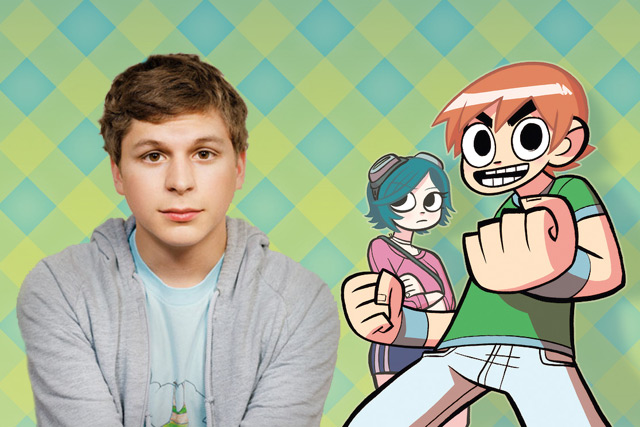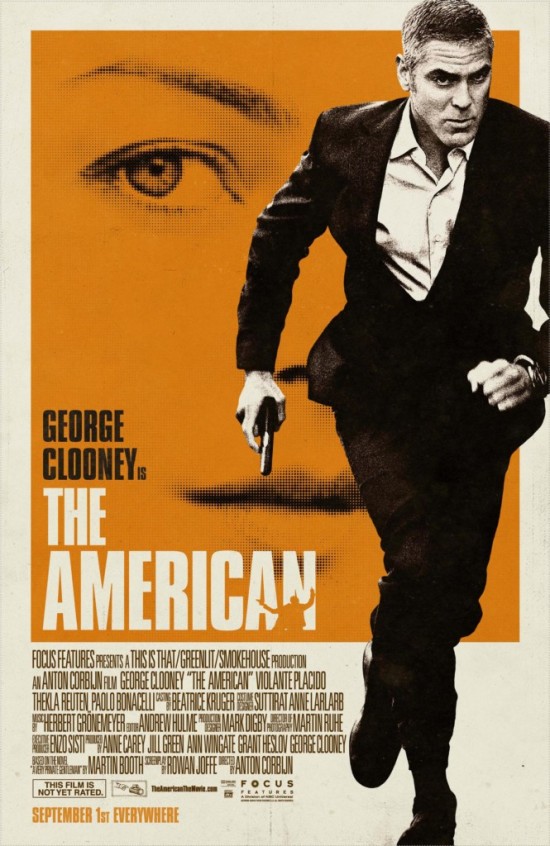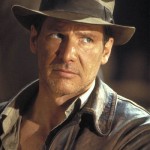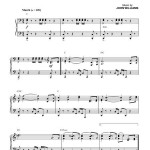My two cents on Scott Pilgrim
I know, the last thing anyone needs now is more internet commentary on Scott Pilgrim. But I’ve been reading all sorts of posts from people who are miserable, bitter or hopping mad about the movie’s failure at the box office. I’ve read about how the failure of Scott Pilgrim will cause Hollywood to bypass Comic-con, that it spells the death-knell for comics adaptations, that Hollywood will never take a chance again on interesting material, that it marks a turning point for the ongoing collapse of Hollywood filmmaking, that it will ruin careers and lead to an endless series of sequels and derivative crap on our multiplex screens.
Here’s my take: the movie is great. It’s fresh, unique, surprising, heartfelt and unexpectedly complex. Everybody connected to the project did a terrific job, including the studio, who stood behind a challenging piece of material and gave the filmmakers a long leash to create a heretofore unseen vision of life.
It disappointed at the box office, yes. And we could talk about why that happened. My own theory is that it’s a movie too difficult to sum up in an image or a trailer. It’s a comedy, a romance and an action movie all at the same time. Perhaps American audiences are stupid, but whenever the viewer’s response to a trailer or a poster is “What is it?” the movie is in trouble commercially.
A few days ago, I was watching Fight Club, another hard-to-define movie that captured a point in time, and was reminded that it, too, failed at the box office when it came out. And the same bitter accusations and blames were thrown about: never again will a studio take a chance on fresh material, American film will collapse, careers will end, etc.
And yet, eleven years later, Brad Pitt and Ed Norton are still movie stars with great taste in scripts, Fox is still in business, and David Fincher is still one of our most interesting and sought-after directors, and pretty much everyone recognizes Fight Club as a generation-defining classic.
I predict the same thing will happen here: Universal will survive, Edgar Wright and Michael Cera will have successful and lucrative careers, Bryan Lee O’Malley will become more popular than ever, and, every now and then, studios will take a chance on movies that step outside the rules of the marketplace.
Synopses of movies I haven’t seen, based solely on their posters: The American
George Clooney desperately races to get away from a woman with an enormous orange head.
Synopses of movies I haven’t seen, based solely on their posters: The Switch
Jennifer Aniston is shocked when Jason Bateman drinks some semen and finds it “…not bad.”
Query
I went to Disneyland yesterday with my son Sam (9). We were waiting in line at the Indiana Jones ride, and, if you haven’t ridden it, one of the things they have in the waiting area is a dimly-heard radio program about the Temple of the Forbidden Eye, or whatever the thing is called that you’re about to walk into. In between broadcasts of the pretend news-show, they play Benny Goodman Glenn Miller (see below).
When “In the Mood” came on, Sam asked “What is this?” looking like someone had poured coffee into his Orangina. I said: “This is Benny Goodman Glenn Miller, this is a song that was really popular when Indiana Jones was doing the things he was doing. So they’ve got this pretend radio broadcast with this kind of music to get you ‘in the mood’ for the ride.”
Sam: “But Indiana Jones wouldn’t listen to stuff like this.”
And then it occurred to me: What would Indiana Jones listen to? I tried to picture him listening to any of the contemporary popular music of the day and drew a blank. I tried to picture him listening to classical music, but again nothing. I could imagine his father, Henry Jones Sr, listening to Bach and chiding young Indiana for not appreciating its precision and beauty, but as far as what Indiana Jones would listen to while grading papers or driving from place to place, nothing came to me.
So I turn to you, dear readers. I know there are Indiana Jones comics and novels and role-playing games and God knows what else — is there ever a mention of what Indy listens to?
(He sits through Willie Scott’s Cole Porter number in Temple of Doom, but he’s not there to listen to music, he’s there to deal with the nightclub’s owner, the vile Mr. Lau.)




